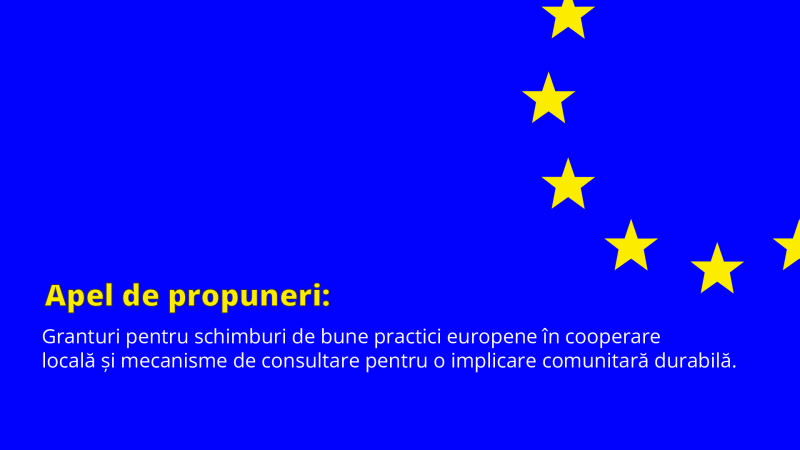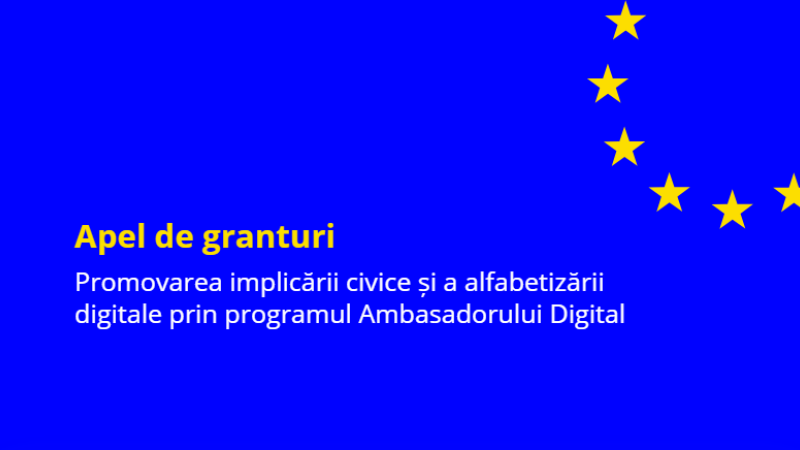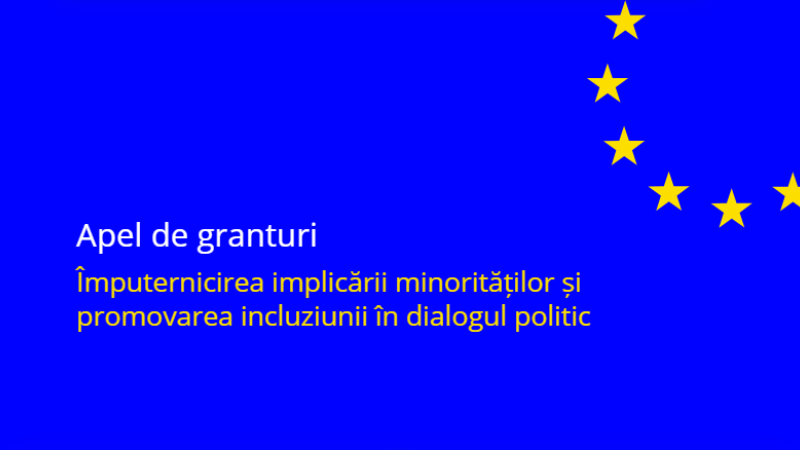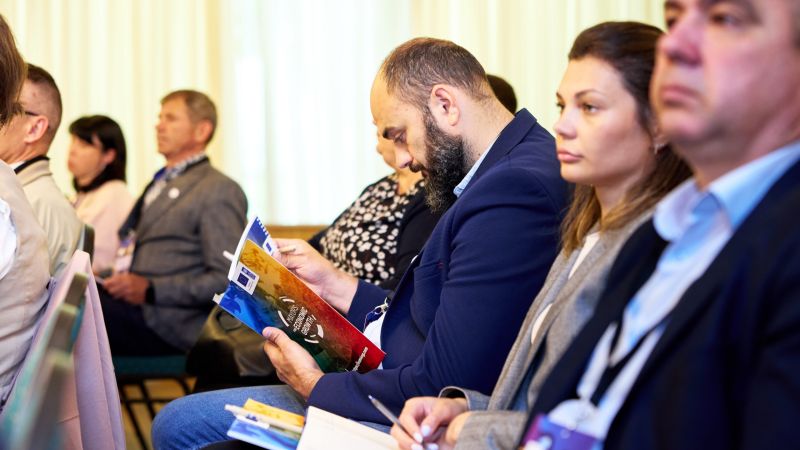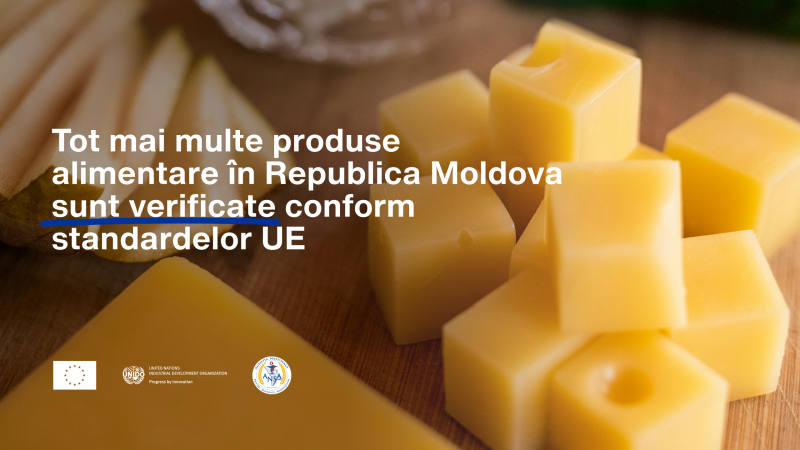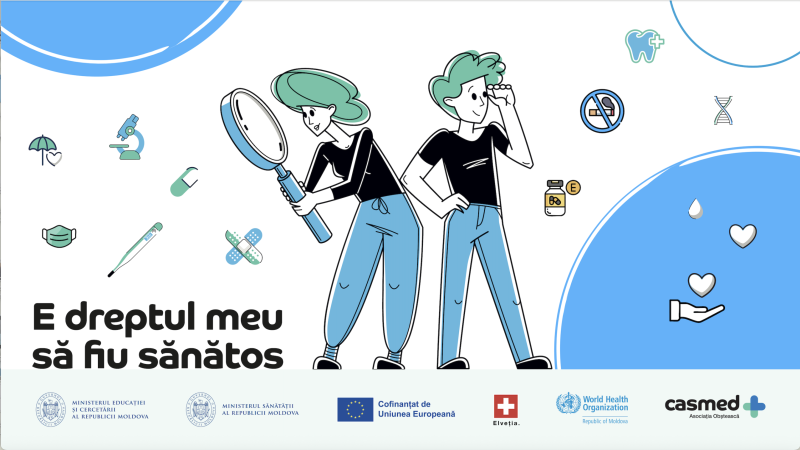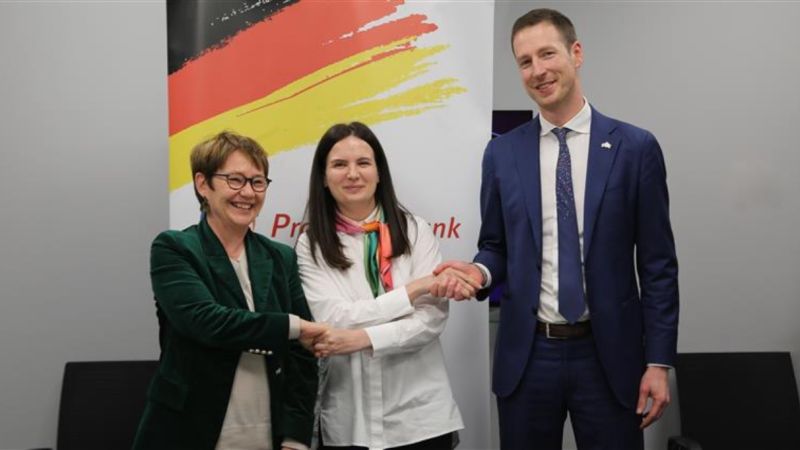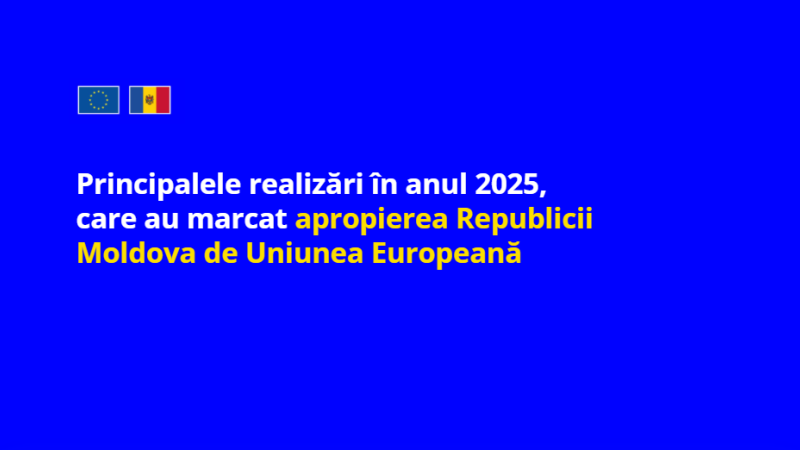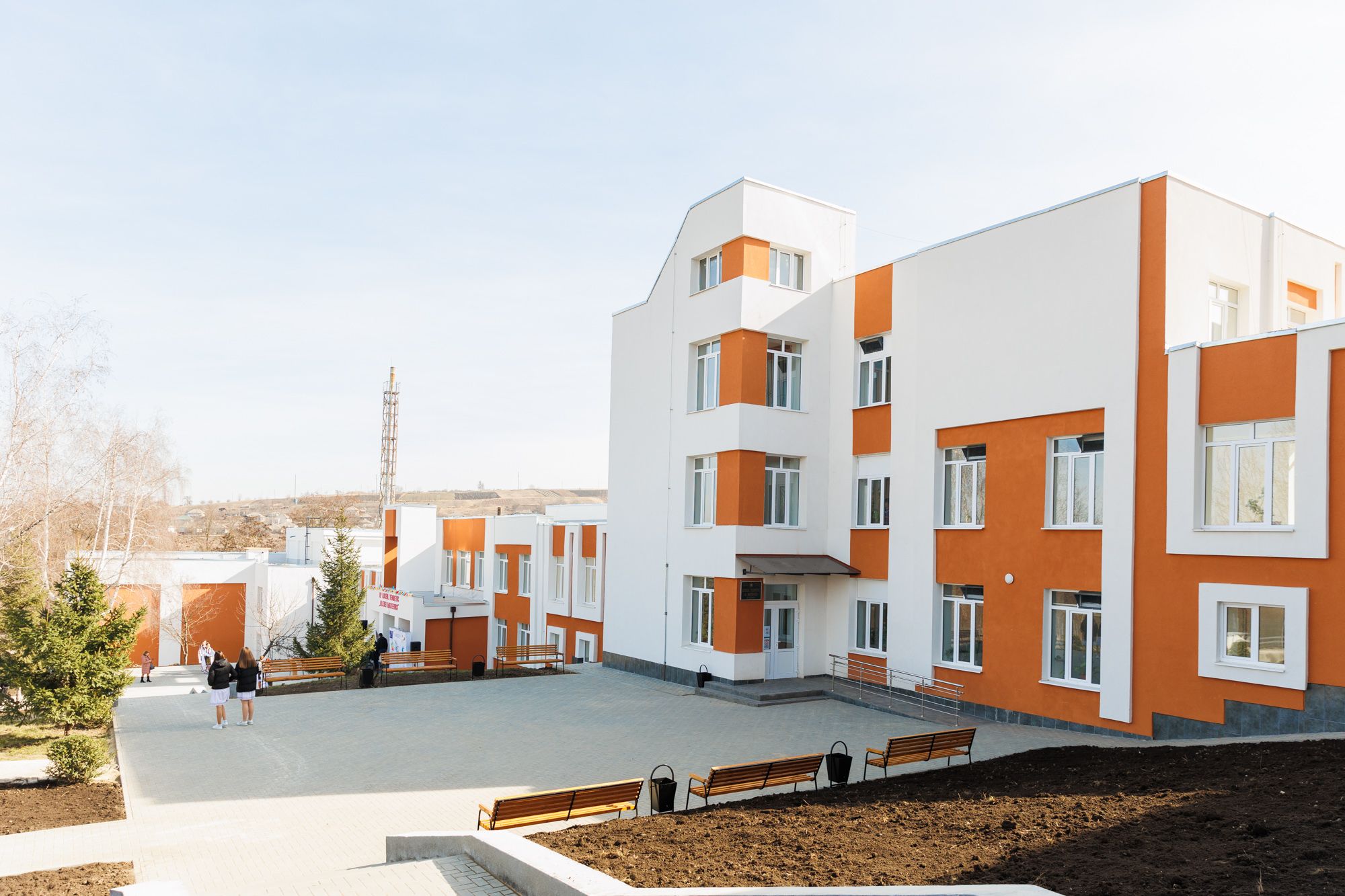
Uniunea Europeană îmbunătățește viața locuitorilor din Republica Moldova prin inițiative vitale
În ultimii șapte ani, Uniunea Europeană (UE) a susținut cu peste 36,5 de milioane de euro 18 localități din Republica Moldova, contribuind semnificativ la îmbunătățirea calității vieții cetățenilor. Prin intermediul proiectului „Construcția infrastructurii de aprovizionare cu apă și canalizare, precum și de eficiență energetică în clădirile publice”, UE a investit resurse considerabile pentru a asigura accesul la apă potabilă, servicii moderne de canalizare și infrastructură educațională de calitate.
Școli moderne și eficiente energetic
Șoldănești, Bălți, Sîngerei, Ungheni, Strășeni, Dubăsari, Leova și Basarabeasca sunt regiunile în care au fost renovate instituțiile de învățământ. Grație sprijinului UE, peste 5 mii de elevi și angajați ai opt școli se bucură de condiții mai bune. Aproximativ 15 milioane de euro au fost investite în lucrări de reparație. În această perioadă, au fost reparate acoperișurile, izolați termic pereții clădirilor, înlocuite geamurile, schimbate sistemele de încălzire și ventilare, precum și renovate toaletele. Suprafața totală renovată în cele opt instituții de învățământ este de peste 45 de mii m2.
Pe lângă transformarea școlilor în spații moderne și confortabile, proiectul a contribuit la reducerea semnificativă a consumului de energie (59%) și a emisiilor de CO2 (57%).
Servicii moderne de aprovizionare cu apă și canalizare
O altă direcție de dezvoltare prevăzută în cadrul proiectului a fost dezvoltarea infrastructurii de aprovizionare cu apă și canalizare în zece localități din șase raioane ale țării. Inițiativa a contribuit la sporirea calității vieții a peste 100 de mii de oameni.
Investițiile în modernizarea rețelelor de apă și canalizare au atins suma de 21 de milioane de euro, bani care au asigurat renovarea a 200 de km de rețea de aprovizionare cu apă și construcția a 30 de km de rețea de canalizare. Lucrările au inclus și renovarea sistemului de aprovizionare cu apă, instalarea rezervoarelor de apă, îmbunătățirea calității apei potabile și modernizarea rețelei de canalizare.
Parteneriat pentru progres
Proiectul a fost finanțat de Uniunea Europeană, implementat de Agenția de Cooperare Internațională a Germaniei (GIZ Moldova), în parteneriat cu Ministerul Infrastructurii și Dezvoltării Regionale din Republica Moldova. Uniunea Europeană a oferit 36,5 milioane de euro pentru acest efort comun, consolidând astfel legăturile de colaborare și dezvoltând parteneriate eficiente pentru a aduce schimbări pozitive în comunitățile din întreaga țară. Dintre care 33 milioane de euro au fost folosite pentru lucrările de construcție propriu zise, iar 3,5 milioane de euro a acoperit elaborarea documentației tehnice de proiect. Proiectul a fost implementat în perioada 2017 – 2024.
